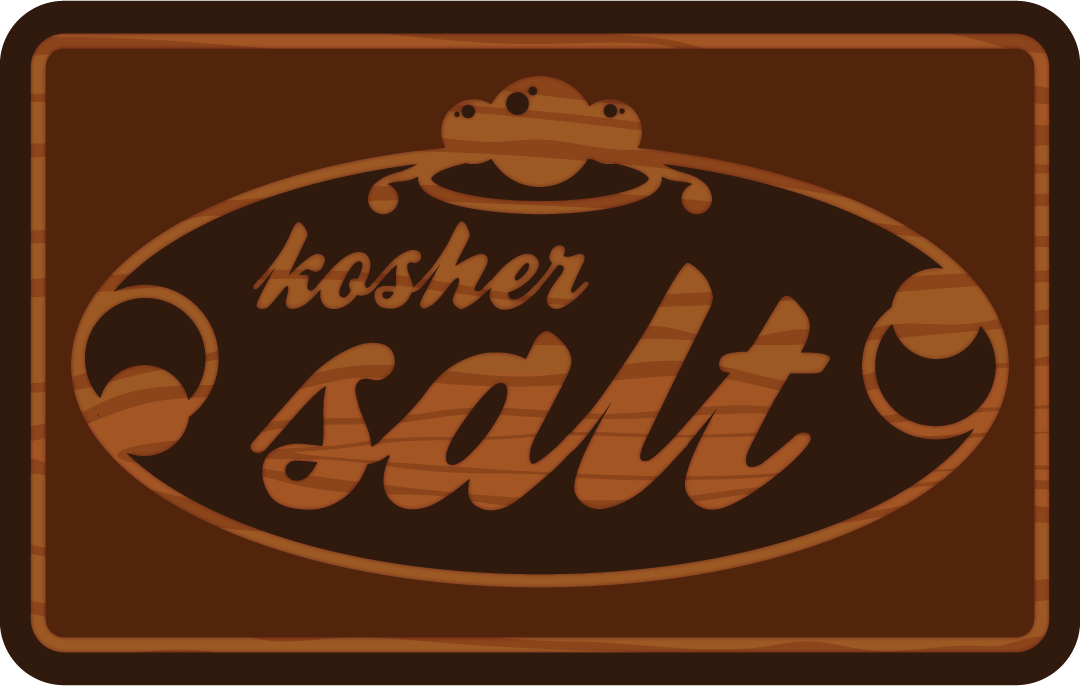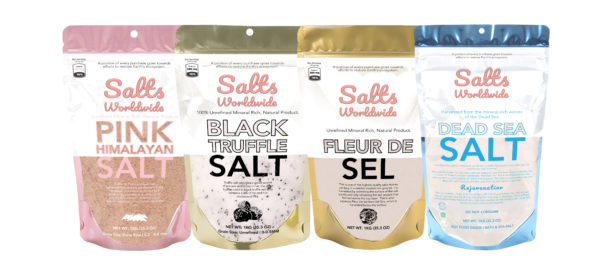Dont Believe The Myth That Only Kosher Salt Is Iodized
It is a misconception that only kosher salt is iodized. Many foods that are commonly consumed have the same texture and consistence as table salt, yet kosher salt is simply not iodized.
Iodized salt has the right kind of sodium iodide (NaI) inside the salt crystals, just like table salt. This makes it more pure in its composition, unlike table salt, which contains only trace amounts of potassium iodide (KI). But because there is no other element added to table salt, people are able to cook with table salt without knowing the difference.
Iodized salt is used primarily for long-term storage, because the iodine can be damaged over time, creating discoloration and other changes in the form. Most iodized salt comes from Korea, Taiwan, and other Asian countries, although there are some imported iodized salts on the market.
The use of iodized salt has been an accepted practice for many years, and many companies produce kosher salt with no additional ingredients. Companies that sell iodized salt include Fratelli Rossetti, Brill, Food Valley, Ideal, Mevitz, Paul Rizk, Emeril and Schwab. If you have found a company you like, ask them about the purity of their salt.
Some people think that kosher salt is not as reliable as iodized salt because it does not contain any iodine and so is less hygienic. However, many retailers carry an iodine-free salt that is just as safe to eat as iodized salt.
In fact, many studies show that iodized salt is safer than table salt, as it helps to prevent the growth of dangerous bacteria and fungi. It also helps to lower blood pressure and therefore lower the risk of heart disease.
{kosher salt to iodized salt | iodized} Iodized salt is available as a powder, crystal, or liquid, but some kosher retailers sell no salt added table salt as well. The difference between the two is that table salt is coarsely ground and contains larger particles, whereas the no salt added table salt does not contain any salt at all. The difference in the amount of sodium is less than one part per million.
The fact that table salt is iodized, which makes it more valuable and more desirable, gives food manufacturers an incentive to add the salt to other food products. The practice has evolved to the point where almost all foods that are commercially sold contain either iodized salt or table salt.
Salt has been a problem for a long time, and only recently has it become possible to keep kosher food at home. Cooking is one of the hardest things to do, as it is necessary to avoid added salt. There are several different ways to avoid salt, however, including using a spice grinder that completely removes salt from any product before adding the next ingredient.
Potassium iodide (KI) is derived from salt, so this type of salt is also needed to ensure there is no confusion. Salts Worldwide is a great source of kosher salt and other salt alternatives. Their products are certified kosher certified, meaning that they meet the strict standards set by the Kosher Certification Organization (KCO).
Iodized salt is really something worth knowing about. It is safe, is cheaper than table salt, and is very effective in helping people maintain healthy lifestyles. It is an essential ingredient in many dietary supplements and medicines.


